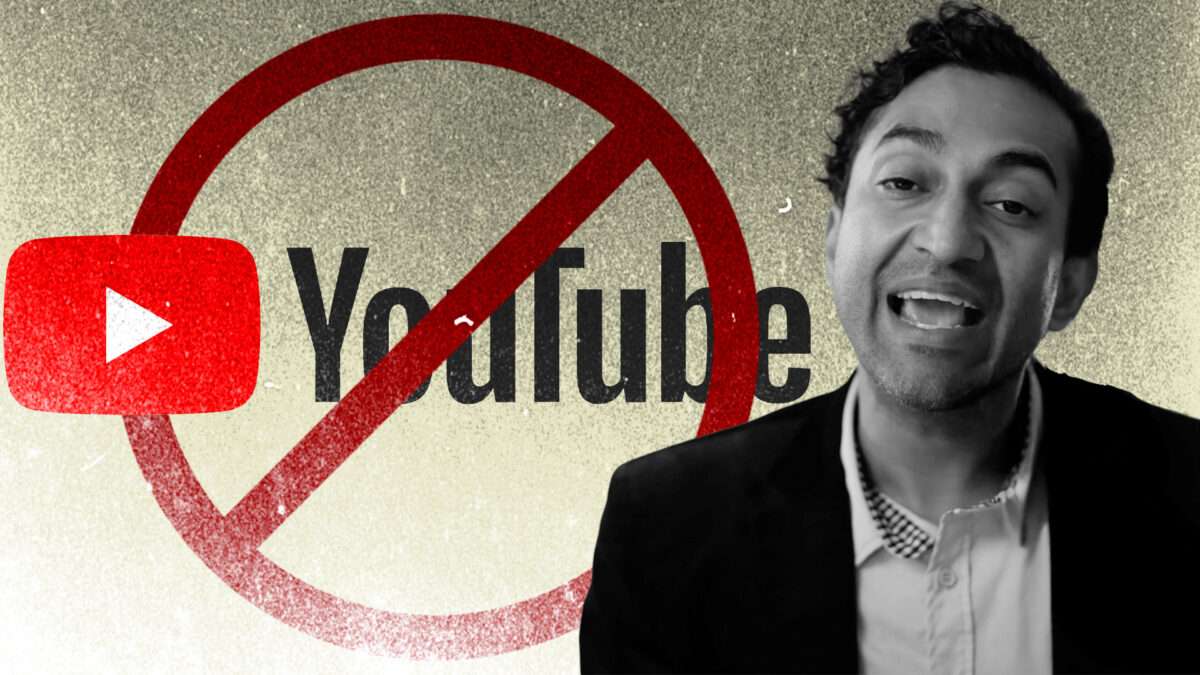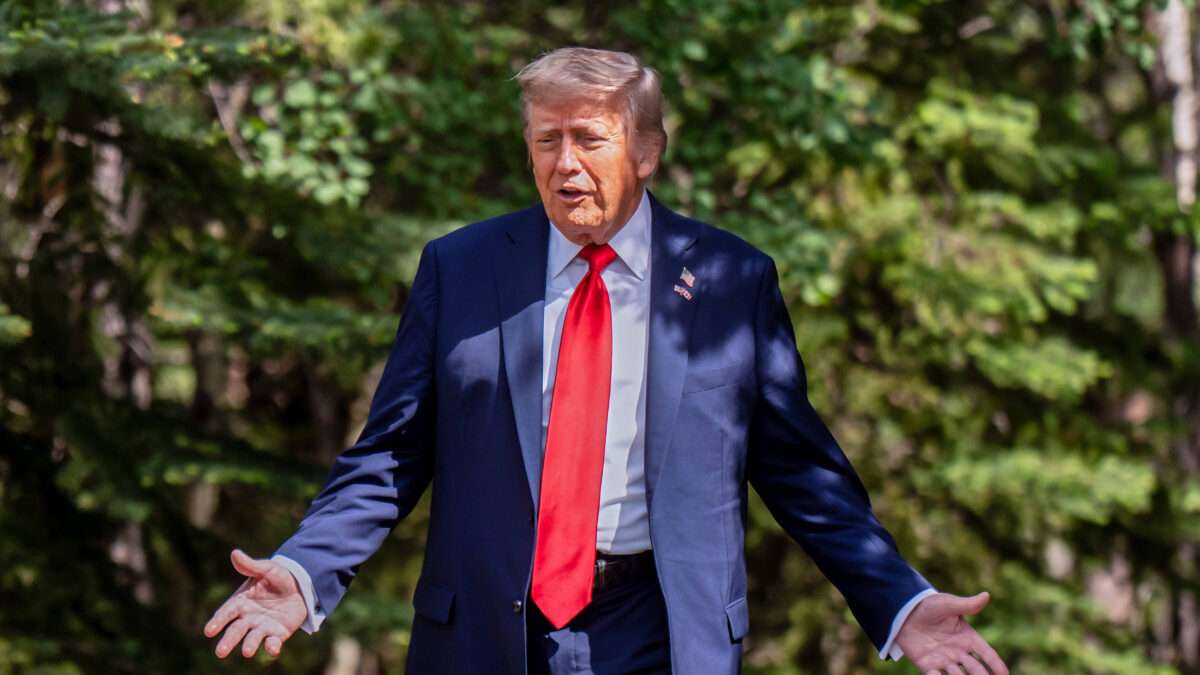The White House celebrated Labor Day by announcing that President Donald Trump's "protectionist trade policies have helped drive more than $8 trillion in new U.S. investment." The accompanying photo refers to "$8 trillion in tariff revenue." There's a difference between $8 trillion in U.S. investment and $8 trillion in tariff revenue, but Trump's trade policies have achieved neither.
The second claim is easier to refute. The Bipartisan Policy Center (BPC) calculates the gross tariff and excise tax revenue generated from January 1 to August 28 to be $158.8 billion, according to the Treasury Department's Daily Treasury Statements. The customs and excise taxes collected from January 20, when Trump took office, to August 28 amount to about $156 billion.
According to the Treasury Department's own data, the president's policies have clearly not raised anywhere near $8 trillion; they've raised 2 percent of this figure. The Congressional Budget Office estimates that the tariffs Trump has implemented since January will generate an estimated $3.3 trillion over 10 years—significantly less than the $8 trillion that the White House is claiming the tariffs have already raised.
Gross tariff revenue isn't even the most relevant statistic; net tariff revenue is. The BPC explains that the latter "removes 'certain other excise tax revenue' and accounts for refunds of tariffs," i.e., the tariff revenue that stays in federal coffers. Although net tariff revenue is not available in the Daily Treasury Statements, the BPC was able to determine that net tariff revenue was $135.7 billion from January through July 31 using the Treasury's Monthly Treasury Statements, which account for tariff refunds. Net tariff revenue as a percentage of total imports jumped from about 2.4 percent in March to 5.73 percent in April, reflecting the impact of Liberation Day's "reciprocal tariffs," and climbed to 10.31 percent in June.
Still, the net tariff revenue of $135.7 billion amounts to 1.7 percent of the White House's claimed $8 trillion in tariff revenue. (That's neglecting the fact that the Joint Committee on Taxation estimates that "$1 of excise tax revenue will lead to a $0.25 decline in income and payroll tax revenue," according to the BPC.)
The first claim is more slippery; it's unclear what the White House means by saying Trump's policies "helped drive" investment. One interpretation is that it is crediting Trump's reciprocal tariffs and hostile negotiations for producing more foreign direct investment (FDI) in the U.S. than would have otherwise existed. Even assuming that all FDI since January is the direct result of Trump's protectionist policies, it is completely inconceivable that $8 trillion has been raised as a result.
The Global Business Alliance, a trade association that "actively promotes and defends an open economy that welcomes international companies to invest in America," reported $52.8 billion in FDI in the first quarter of 2025—a 34 percent decrease from 2024's fourth quarter—citing the Bureau of Economic Analysis (BEA). The BEA has not released data for the second or third quarter of 2025, but, even if we generously assume a quarter-to-quarter doubling, meaning $100 billion in the second quarter and $200 billion in the third (of which a month remains), we reach a grand total of a little over $350 billion: 4.4 percent of Trump's touted $8 trillion in "new investment."
The Labor Day post also credited Trump with "creating hundreds of thousands of jobs." Total nonfarm employment increased by 597,000 from January 2025 to July 2025, according to the Bureau of Labor Statistics' July 2025 report. However, total nonfarm employment increased by 1,073,000 from January 2024 to July 2024. If the White House is crediting Trump's policies with changes in the economy, then it should recognize that they added nearly half as many jobs to the economy as the Biden administration did over the same time period last year.
Later on Sunday, the White House said to "Trust in Trump," sharing a screenshot of Trump's Truth Social post where he refers to "all of the TRILLIONS OF DOLLARS we have already taken in" with tariffs. The data show that you should reject this fictitious figure, as well as his other claims that tariffs are good for the United States.
The post The White House Says Trump's Tariffs Have Raised $8 Trillion in Revenue. That's Not Even Close. appeared first on Reason.com.













 Bengali (Bangladesh) ·
Bengali (Bangladesh) ·  English (United States) ·
English (United States) ·